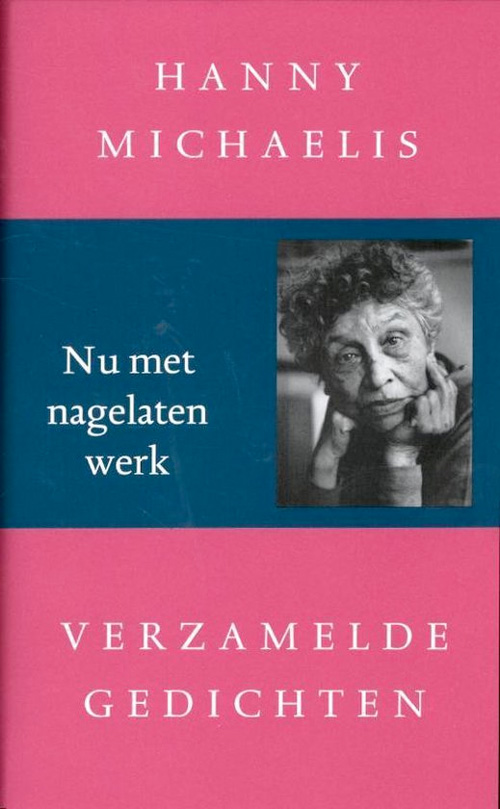Books
In an Unguarded Moment, Selected Poems

In an Unguarded Moment, Selected Poems by Hanny Michaelis, translation: Judith Wilkinson
(Shoestring Press, 2022)
Hanny Michaelis established a reputation as a poet of contained lyricism and epigrammatic conciseness. Her work is tempered by an almost wry awareness of limitation.
As the daughter of Jewish parents who died in Sobibor, she was confronted with devastation at an early age. Her writing often addresses loss and trauma, but while many of her poems are dark, they never become maudlin. In her analytical love poems Michaelis frequently evokes the tensions in a relationship, homing in on the nature of a conflict or on tentative moments of equilibrium and tenderness. Her poetry is punctuated by striking imagery that tends to reflect an inner state. The setting is usually an urban one, where ‘elongated clouds/descend on the houses like panthers’; ‘The wind theatrically yanks/the window wide open’ or ‘Day stretches its zebra’s neck/towards a copper sun’.
In 1949 Michaelis’ first collection, Klein voorspel (‘Short Prelude’), was published, which was well received by the press. Despite her busy daytime work she managed to write poetry in the evenings, as well as essays and reviews. In addition she translated a number of children’s books from French, German and English. She also sat on the board of various cultural organisations and was a jury member for various literary awards. 1957 saw the publication of her second collection, Water uit de rots (‘Water out of the Rock’), which consolidated her reputation as a poet of note. Her fourth collection, Onvoorzien (‘Unforeseen’), published in 1966, was awarded the prestigious Jan Campert Prize, and in 1995 she won two oeuvre prizes, the Sjoerd Leikeprijs and the Anna Bijns Prijs. In total she published six collections, and in 1989 Van Oorschot published a first Selected Poems, Het onkruid van de twijfel (‘The Weeds of Doubt’). In 1996 a Collected Poems was published, which saw five reprints, and in 2005 the well-known Dutch novelist Voskuil published his own selection of her work.
Her early work consisted of traditional forms and metres, but she soon began to write free verse, partly under the influence of The Fifties movement, a group of poets who rejected traditional forms and lyrical ease in favour of greater freedom and experimentation. But unlike the poetry of that movement, with its associative sounds and hermetic tendencies, her highly personal work uses direct, sober and pared-down language. In an interview she explained: ‘I didn’t go as far as the Fifties poets, who wanted to “sing the word free of its meaning.”’ To this day, Michaelis’ work continues to be widely read and discussed. Despite the mournful note of some of her poetry, with its sense that life inevitably brings losses, she nevertheless embraces the individual experience, in which the overriding logic is that of the emotions. It is perhaps her resilience, and her ability to re-inhabit an experience without sentimentality or self-pity, that lends her short, focused poems their strength.
